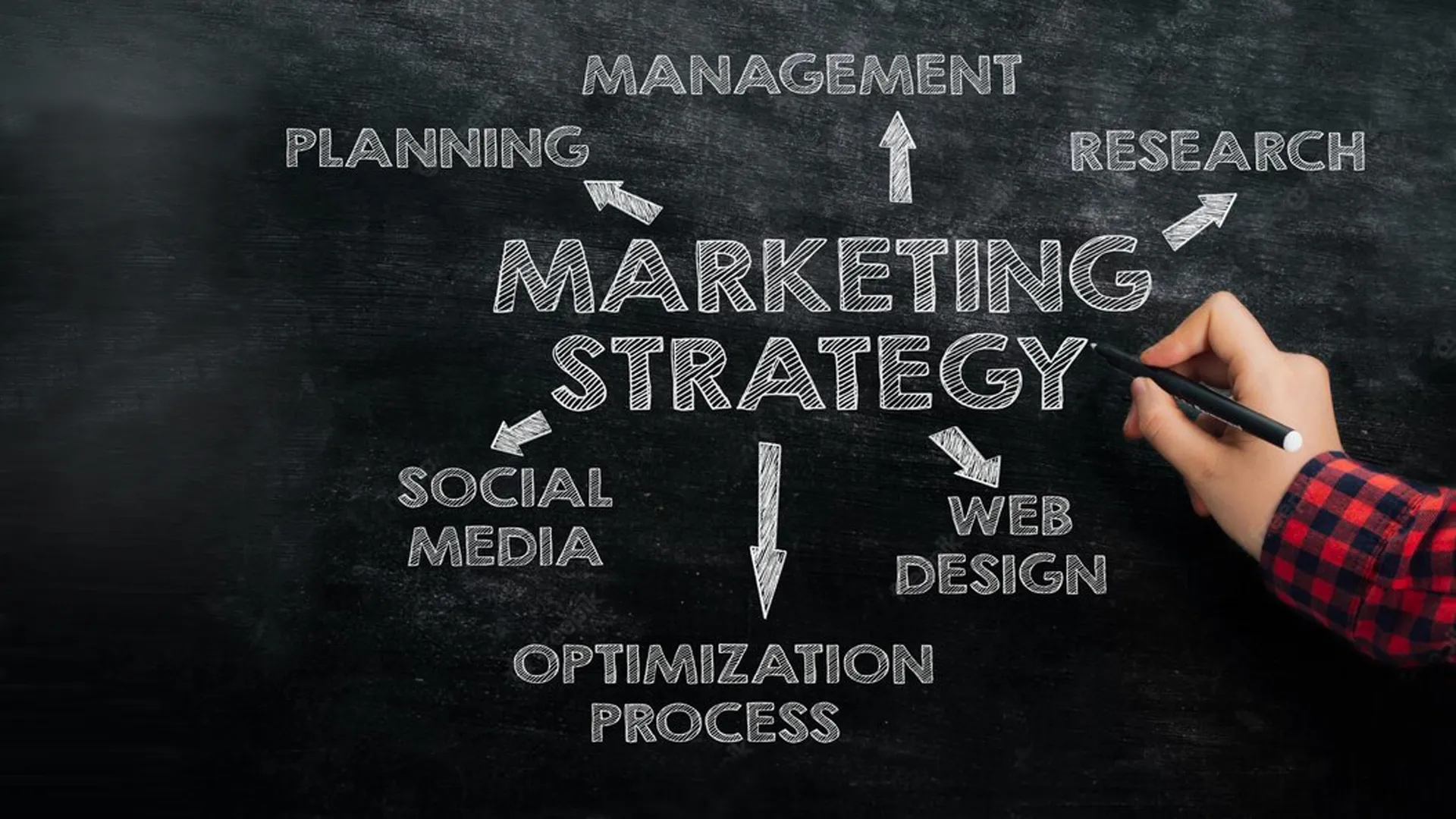Introduction:
In today’s dynamic business landscape, implementing effective marketing strategies is essential for achieving sustainable growth and staying ahead of the competition. A well-crafted marketing plan can elevate brand visibility, engage target audiences, and drive revenue.
Effective marketing strategies to give your business the competitive edge it needs.
- Understanding Your Target Audience: Successful marketing begins with a deep understanding of your target audience. Conduct thorough market research to identify demographics, preferences, and pain points. This insight enables you to tailor your messaging, product offerings, and channels to resonate with your audience effectively.
- Building a Strong Online Presence: In the digital age, an online presence is non-negotiable. Invest in a user-friendly and visually appealing website. Leverage social media platforms, content marketing, and search engine optimization (SEO) to enhance visibility. Engage with your audience through regular updates, valuable content, and interactive features.
- Content Marketing: Content is king. Develop high-quality, relevant content that provides value to your audience. Blogs, videos, infographics, and ebooks can establish your brand as an authority in your industry.
- Utilizing Social Media Marketing: Leverage the power of social media platforms to connect with your audience on a personal level. Craft engaging and shareable content, run targeted ads, and participate in conversations within your niche. Platforms like Facebook, Instagram, LinkedIn, and Twitter offer diverse opportunities to showcase your brand personality.
- Email Marketing: Email marketing remains a highly effective strategy for nurturing leads and retaining customers. Implement personalized and targeted email campaigns. Provide exclusive offers, relevant content, and updates to keep your audience engaged and informed about your products or services.
- Influencer Marketing: Collaborate with influencers in your industry to tap into their existing audience and build credibility. Influencers can create authentic content that resonates with their followers, introducing your brand to a wider audience.
- Optimizing Customer Experience: A positive customer experience is a cornerstone of effective marketing. Focus on delivering exceptional service, addressing customer concerns promptly, and gathering feedback to continually improve. Happy customers become brand advocates, contributing to organic growth through word-of-mouth referrals.
- Data-Driven Decision-Making: Utilize data analytics to measure the performance of your marketing efforts. Track key performance indicators (KPIs), analyze customer behavior and adapt your strategies accordingly. Data-driven insights enable you to refine your approach for optimal results.
- Implementing Cross-Channel Marketing: Integrate your marketing efforts across various channels for a cohesive brand experience. A seamless transition from online to offline channels ensures consistent messaging and reinforces brand identity.
- Embracing Innovative Technologies: Stay ahead of the curve by incorporating emerging technologies like artificial intelligence (AI) and virtual reality (VR) into your marketing strategy. These technologies can enhance personalization, improve user experiences, and provide unique opportunities for engagement.
Conclusion:
Effective marketing strategies are dynamic, evolving with market trends and consumer behavior. By understanding your audience, leveraging digital tools, and embracing innovation, your business can create a compelling brand presence and drive sustained growth in today’s competitive landscape.
